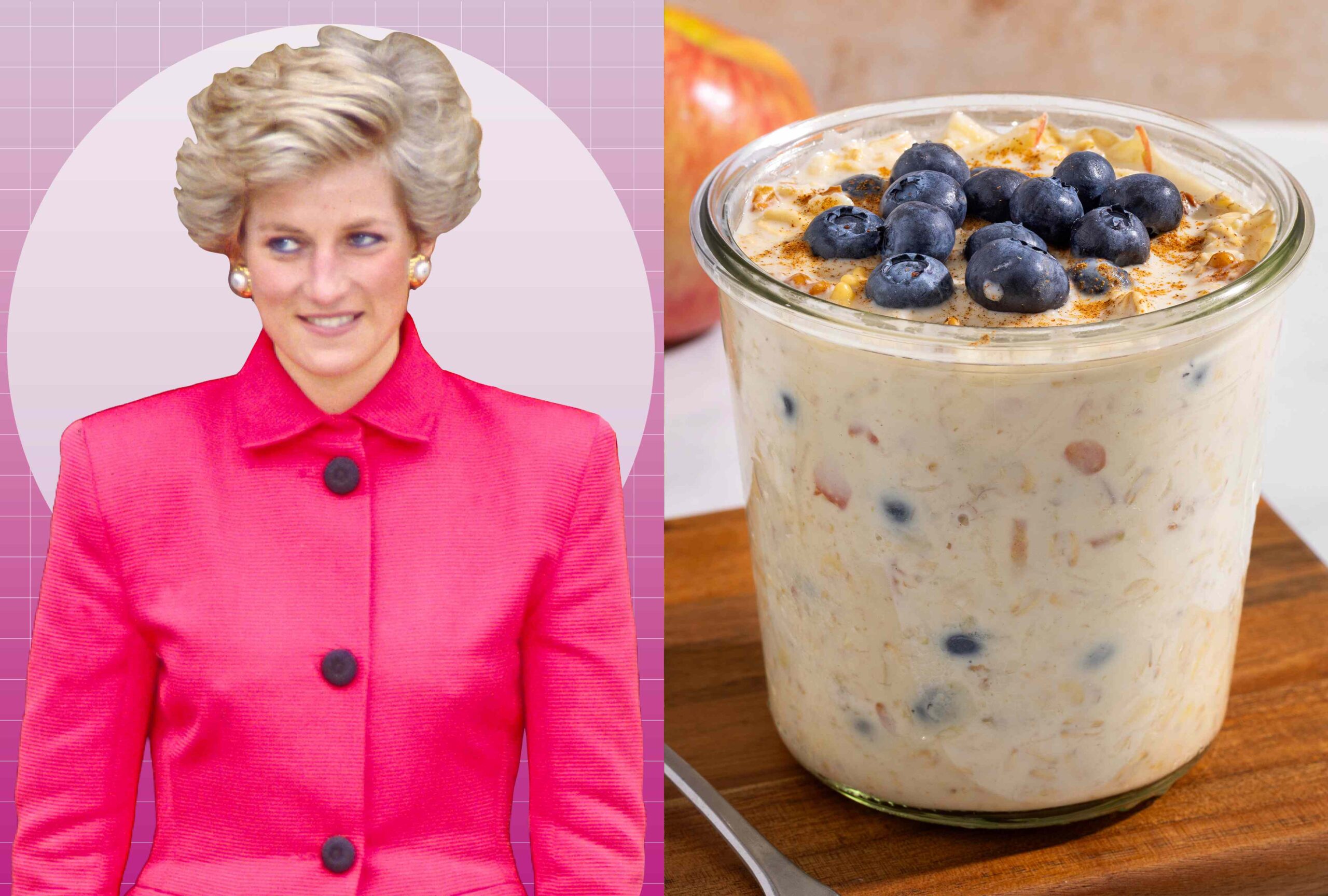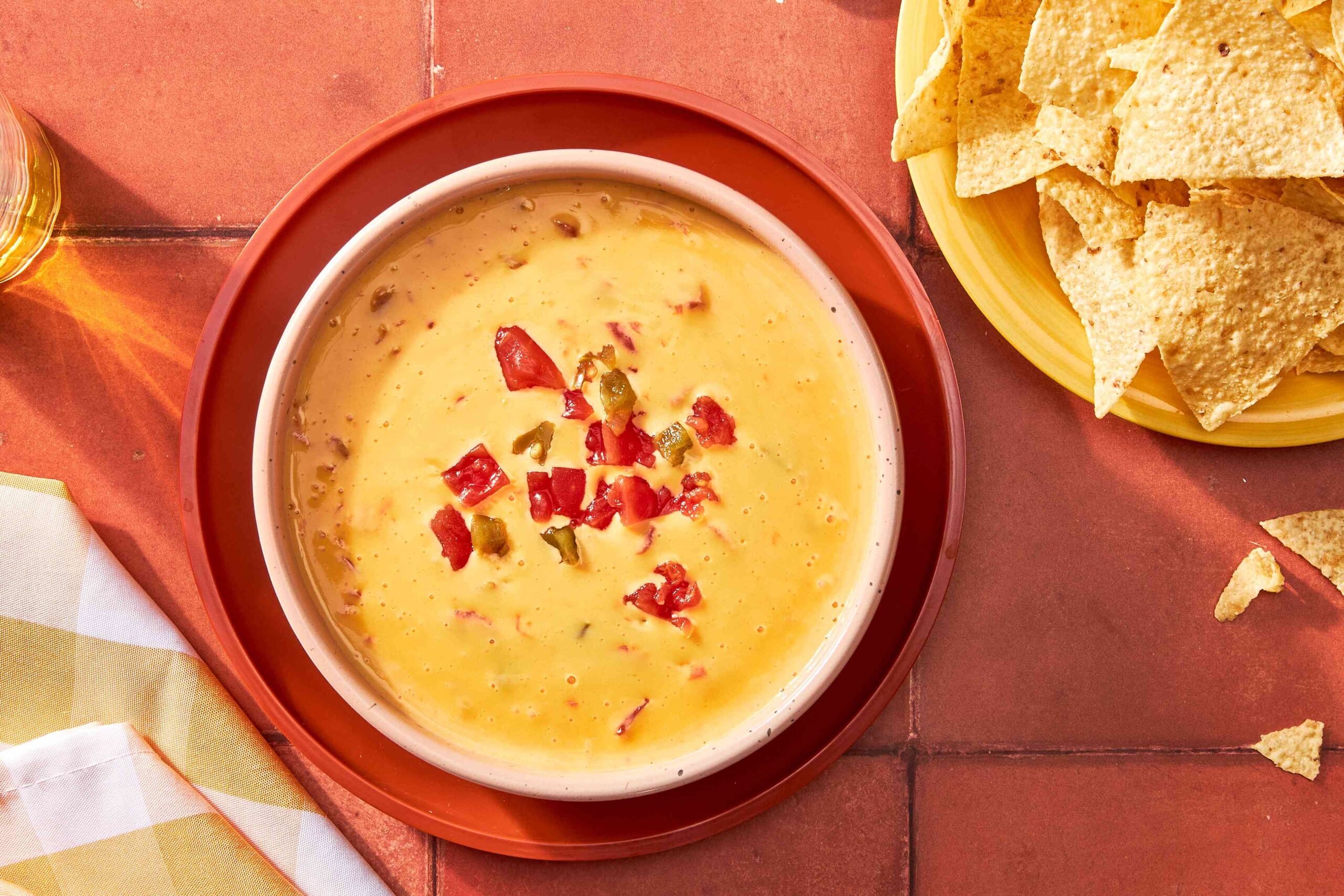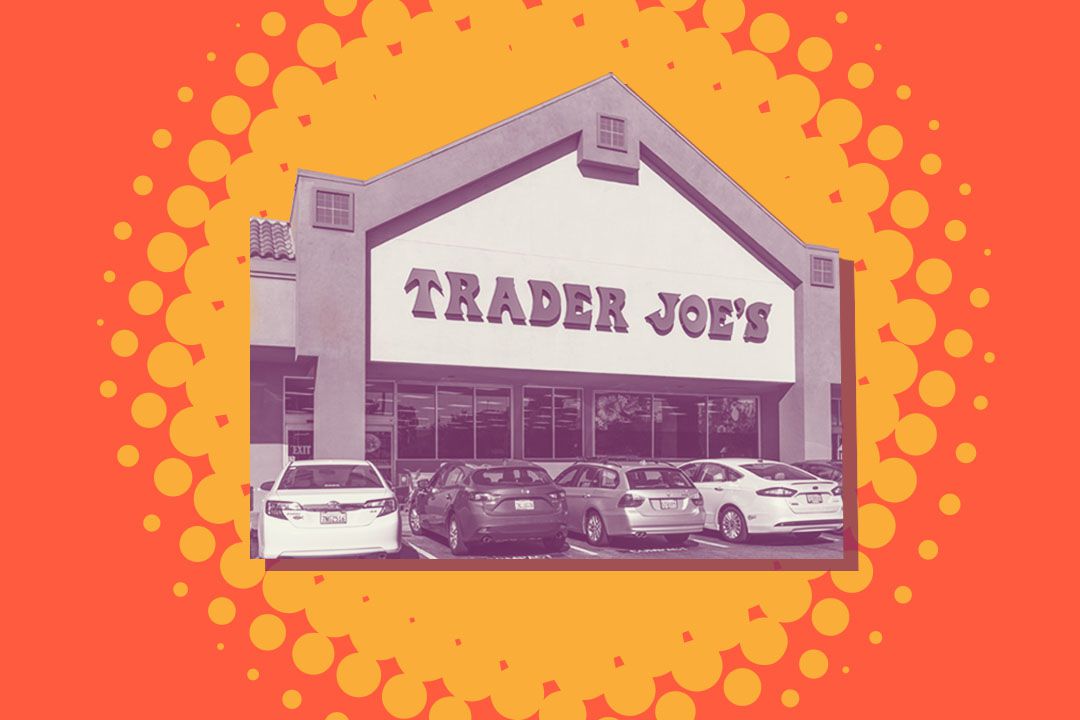| Breakfast/ AM Snack | Lunch/ PM Snack | Dinner/ Evening Snack |
|---|---|---|
| Green smoothie/ Dates & nut butter | No-cook black bean salad/ Apricots & mixed nuts | Salmon with smokey chickpeas & greens |
| Green smoothie/ Dates & nut butter | Chimichurri noodle bowls/ Kefir & fruit | Vegetarian stuffed cabbage/ Strawberries |
| Green smoothie/ Kefir & raisins | Chimichurri noodle bowls/ Apricots & mixed nuts | Chickpea & quinoa bowl |
| Green smoothie/ Dates & nut butter | Chimichurri noodle bowls/ Kefir & fruit | Chipotle chicken burrito bowl/ Edamame |
| Berry smoothie bowl/ Apricots & mixed nuts | Chimichurri noodle bowls/ Edamame | Stuffed sweet potato/ Banana & nut butter |
| Berry smoothie bowl/ Nuts & raisins | Tex-mex pasta salad/ Banana & nut butter | Garlicky shrimp & spinach/ Strawberries |
| Berry smoothie bowl/ Dates & nut butter | Tex-mex pasta salad | Grilled chicken salad/ Kefir & raisins |
Day 1
Photographer: Morgan Hunt Glaze, Prop Stylist: Phoebe Hausser, Food Stylist: Emily Nabors Hall
Breakfast (393 Calories)
Morning Snack (229 Calories)
- 2 pitted medjool dates
- 1 tablespoon creamy peanut butter
Lunch (322 calories)
Afternoon Snack (277 Calories)
- ¼ cup dried apricots
- ¼ cup dry roasted, unsalted mixed nuts
Dinner (571 Calories)
Daily totals: 1792 calories, 81 g fat, 77 g protein, 213 g carbohydrates, 40 g fiber, 1121 mg sodium
To make it 1,500 calories: Omit afternoon snack.
To make it 2,000 calories: Increase to 1 cup cooked brown rice with dinner, and add 1 banana for evening snack.
Day 2
Breakfast (393 Calories)
Morning Snack (229 Calories)
- 2 pitted medjool dates
- 1 tablespoon creamy peanut butter
Lunch (377 calories)
Afternoon Snack (220 Calories)
- 1 cup plain, low-fat kefir
- 1 medium banana
Dinner (545 Calories)
Evening Snack (49 Calories)
Daily totals: 1812 calories, 71 g fat, 71 g protein, 236 g carbohydrates, 38 g fiber, 1137 mg sodium
To make it 1,500 calories: Omit morning and evening snacks.
To make it 2,000 calories: Add ¼ cup dry roasted, unsalted mixed nuts to evening snack.
Day 3
Robby Lozano
Breakfast (393 Calories)
Morning Snack (224 Calories)
- 1 cup plain, low-fat kefir
- ¼ cup unsweetened raisins
Lunch (377 calories)
Afternoon Snack (277 Calories)
- ¼ cup dried apricots
- ¼ cup dry roasted, unsalted mixed nuts
Dinner (503 Calories)
Daily totals: 1773 calories, 73 g fat, 77 g protein, 228 g carbohydrates, 38 g fiber, 1216 mg sodium
To make it 1,500 calories: Omit afternoon snack.
To make it 2,000 calories: Add ½ avocado to lunch and 1 cup strawberries for evening snack.
Day 4
Breakfast (393 Calories)
Morning Snack (229 Calories)
- 2 pitted medjool dates
- 1 tablespoon creamy peanut butter
Lunch (377 calories)
Afternoon Snack (220 Calories)
- 1 cup plain, low-fat kefir
- 1 medium banana
Dinner (452 Calories)
Evening Snack (129 Calories)
Daily totals: 1799 calories, 71 g fat, 105 g protein, 209 g carbohydrates, 38 g fiber, 1103 mg sodium
To make it 1,500 calories: Omit morning snack and banana from afternoon snack.
To make it 2,000 calories: Add ½ avocado to lunch and 1 cup strawberries to evening snack.
Day 5
Ali Redmond
Breakfast (360 Calories)
Morning Snack (277 Calories)
- ¼ cup dried apricots
- ¼ cup dry roasted, unsalted mixed nuts
Lunch (377 calories)
Afternoon Snack (129 Calories)
Dinner (472 Calories)
Evening Snack (201 Calories)
- 1 medium banana
- 1 tablespoon creamy peanut butter
Daily totals: 1815 calories, 78 g fat, 81 g protein, 226 g carbohydrates, 55 g fiber, 971 mg sodium
To make it 1,500 calories: Omit morning snack.
To make it 2,000 calories: Add ½ avocado to lunch.
Day 6
Breakfast (360 Calories)
Morning Snack (307 Calories)
- ¼ cup unsweetened raisins
- ¼ cup dry roasted, unsalted mixed nuts
Lunch (403 calories)
Afternoon Snack (201 Calories)
- 1 medium banana
- 1 tablespoon creamy peanut butter
Dinner (359 Calories)
Evening Snack (164 Calories)
- 1 cup strawberries
- 1 cup plain, low-fat kefir
Daily totals: 1793 calories, 74 g fat, 87 g protein, 223 g carbohydrates, 45 g fiber, 1177 mg sodium
To make it 1,500 calories: Omit morning snack.
To make it 2,000 calories: Add ½ avocado to lunch and increase to 1 ½ tablespoons peanut butter for afternoon snack.
Day 7
Breakfast (360 Calories)
Morning Snack (229 Calories)
- 2 pitted medjool dates
- 1 tablespoon creamy peanut butter
Lunch (564 calories)
Dinner (447 Calories)
Evening Snack (224 Calories)
- ¼ cup unsweetened raisins
- 1 cup plain, low-fat kefir
Daily totals: 1823 calories, 86 g fat, 78 g protein, 211 g carbohydrates, 47 g fiber, 1287 mg sodium
To make it 1,500 calories: Omit morning snack and raisins from evening snack.
To make it 2,000 calories: Add ¼ cup dry roasted, unsalted mixed nuts for afternoon snack.
Prep Ahead Tips
- You can portion and freeze the banana and pineapple ahead of time for breakfast days 1–4.
- Prep and refrigerate the Chimichurri Noodle Bowls for lunch days 2–5 all at once. They stay good in the fridge for up to 4 days.
Frequently Asked Questions
-
Is it OK to mix and match meals if there’s one I don’t like?
Yes! This meal plan is meant to serve as inspiration. It doesn’t need to be followed exactly to reap the benefits. When choosing recipes, we made sure to check the calories, fiber, protein, potassium, and sodium to align with the parameters of this plan and be within our sodium limits. If you’re making a recipe swap, it may be helpful to choose a recipe with similar calories, fiber, protein, potassium, and sodium levels. For more inspiration, check out these delicious recipes for high blood pressure.
-
Can I eat the same breakfast or lunch every day?
Definitely, it’s fine to eat the same breakfast or lunch every day. The breakfasts range from 360 to 393 calories while the lunches span 322 to 564 calories. These ranges are fairly close, though if you’re closely monitoring your calories or other nutrients, like protein, you may want to adjust a snack or two.
-
Why is there not a 1,200 calorie modification?
We no longer provide modifications for 1,200-calorie days in our meal plans. The 2020-2025 Dietary Guidelines for Americans suggests that limiting calories to 1,200 per day is too low for most people to meet their nutritional needs, plus it’s unsustainable for long-term health and well-being.
Health Benefits of This Plan
We created this plan in alignment with dietary guidelines for managing high blood pressure. Each day provides less than 1,500 milligrams (mg) of sodium and at least 4,200mg of potassium. Research shows that eating a diet high in potassium and low in sodium is linked with healthier blood pressure. Too much sodium can raise blood pressure, while potassium helps your body excrete more sodium in your urine and relax your blood vessel walls. Some potassium-rich foods we included are kefir, dried apricots, raisins, bananas, and avocado.
This meal plan is also rich in protein and fiber. Protein is key for muscle health. It’s also the building block of your skin, blood, hormones and bones. Meanwhile, fiber helps regulate blood sugars, lower cholesterol and prevent colon cancer. These two nutrients also help you feel full so you won’t be hungry, thinking about food all day.
How We Create Meal Plans
Registered dietitians thoughtfully create EatingWell’s meal plans to be easy-to-follow and delicious. Each meal plan meets specific parameters depending on the health condition and/or lifestyle goal it is targeting and is analyzed for accuracy using the nutrition database, ESHA Food Processor. As nutritional needs differ from person to person, we encourage you to use these plans as inspiration and adjust as you see fit.
You deeper
8 Foods You Should Be Eating Every Week If You Have High Blood Pressure, According to Dietitians
5 Sneaky Reasons Your Blood Pressure Is High, According to a Dietitian





